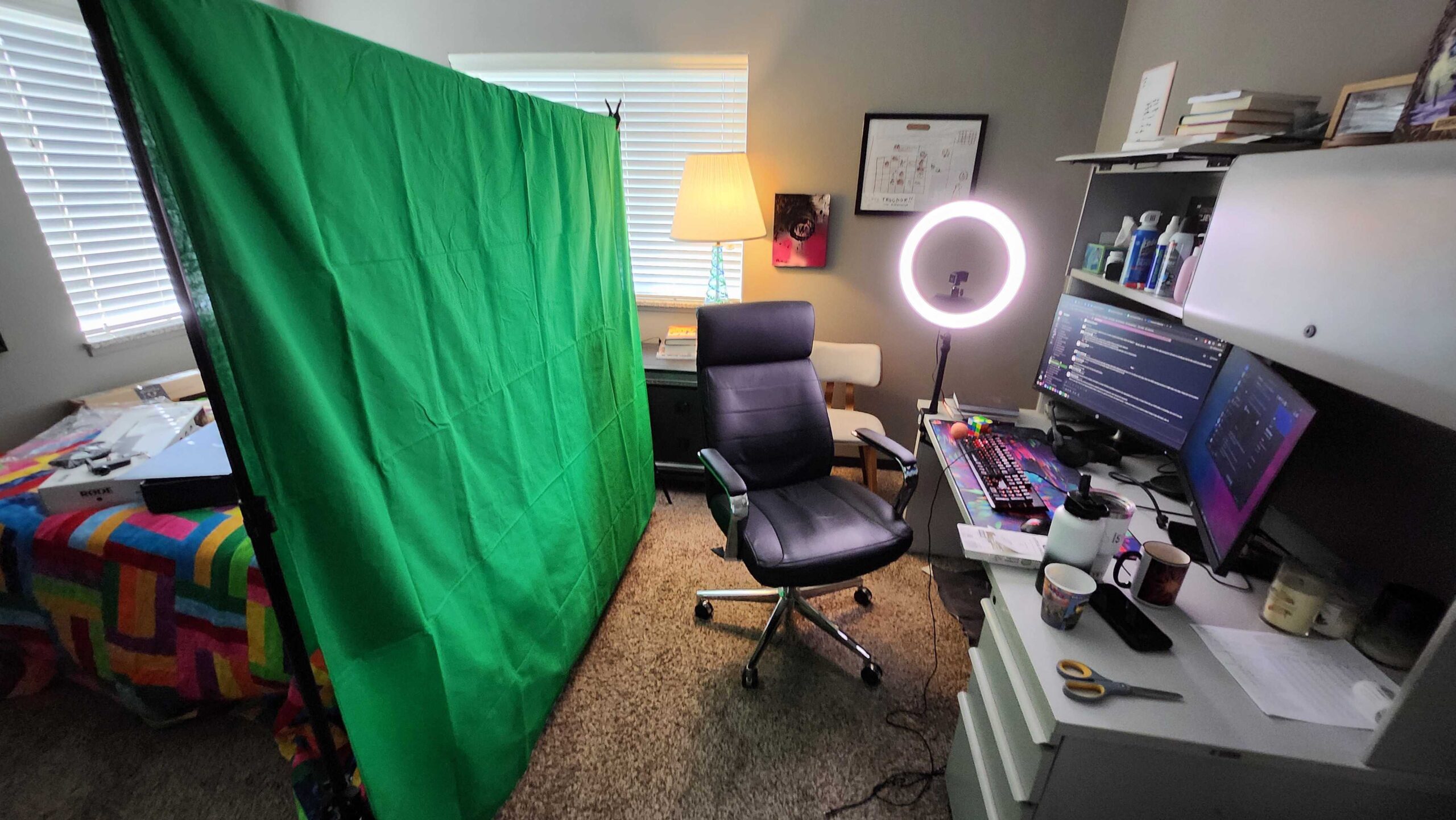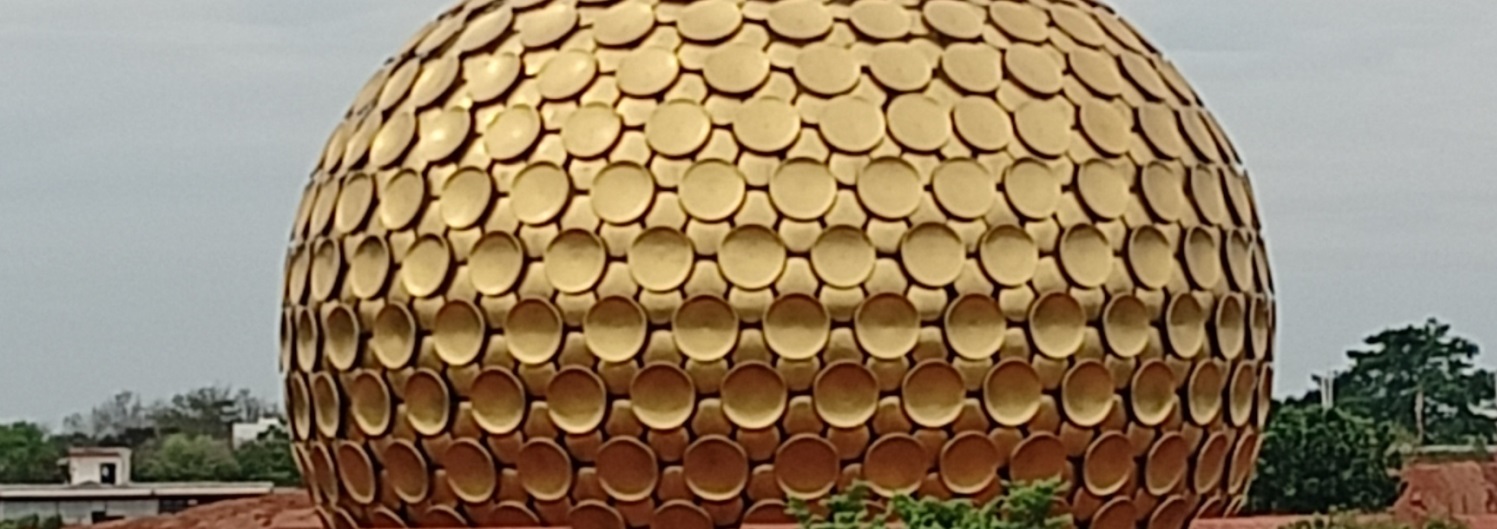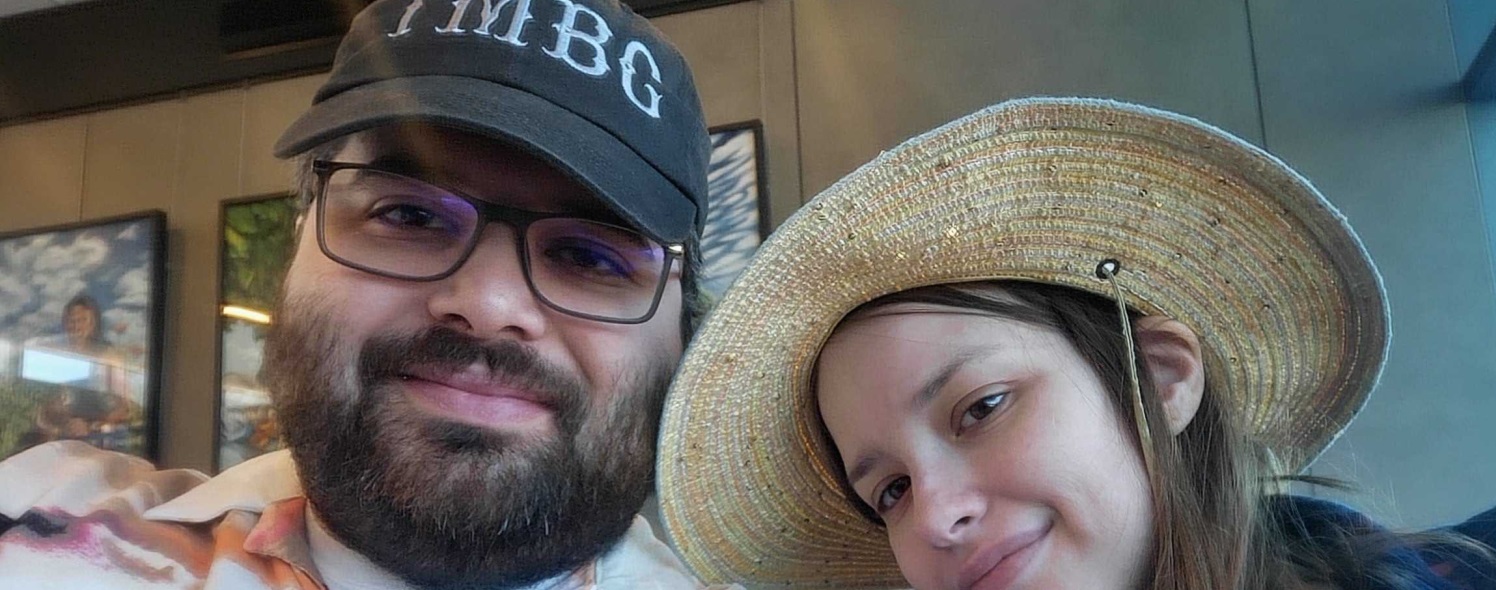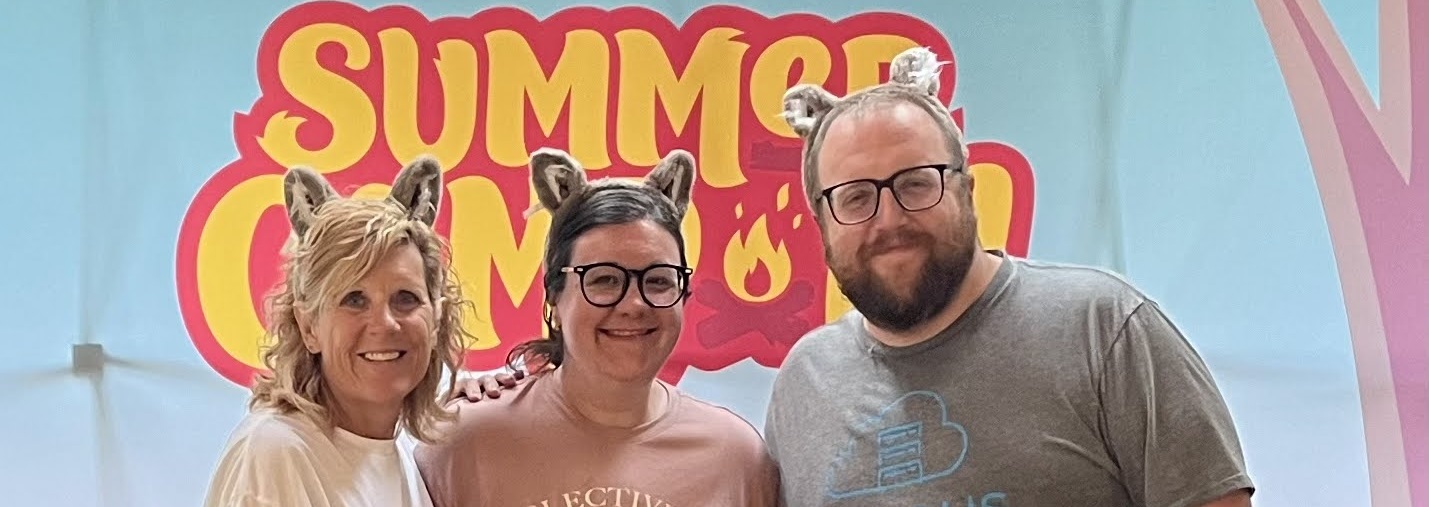Q&A with Neil Emeigh, Founder and CEO of Rayobyte
Neil Emeigh has always had a passion for entrepreneurship and is the founder and CEO of Rayobyte, a tech startup company located in Lincoln, Nebraska. He and his team are currently working to grow their current product lines Blazing SEO and Rayobyte’s Web Scraping API, while also working on the release of their newest product, WP Super Host. I was able to sit down with Neil for a Q&A session to get more insight into who he is and what drives Rayobyte.

Georgie: Thank you for taking the time to sit down with me today. To start off, can you tell me about your background?
Neil: I am from a small town by the name of Wilber, Nebraska. Growing up, computers and tech were something my brother and I spent a lot of time playing with, so it was a very easy transition for me to go into college and major in Computer Science at The University of Nebraska at Kearney. Throughout my time at UNK, I was always experimenting with new business ideas online until our current product line (Blazing SEO) started taking off.
Georgie: Who or what has shaped who you are?
Neil: I believe that a combination of my parent’s entrepreneurial work as bakery owners as well as my passion for technology drove me to want to make an online business.
Georgie: What inspired you to become an entrepreneur?
Neil: My deep fondness for entrepenurialship started sometime in high school when I was around 15 years old and I made my first dollar online writing articles for other businesses. There was no turning back when I saw that it was possible to earn money online!
Georgie: Can you tell me more about Rayobyte and how you started the company?
Neil: Rayobyte was born out of a need that I had in my earlier online ventures: hosting and proxy IP addresses for SEO services. After using a variety of vendors, the realization became clear that there was an opportunity to offer a higher quality product in those two industries. Thus, Blazing SEO was born to satisfy that need. Today our three main product lines (proxies, scraping, and hosting) are our bread and butter, but tomorrow is a new day and Rayobyte will continue to enter markets and industries where a need, and opportunity, exists.
Georgie: Why are you passionate about what we do at Rayobyte?
Neil: Two reasons: One being the people, first and foremost. It doesn’t matter what we are doing in a given day/month/year as long as I am enjoying who I am working beside. Secondly, the opportunities are endless! We are fortunate enough to choose what we are working on, which means that we may enter industries outside our current product line. This never-ending desire that our company has to explore new markets is so very exciting!
Georgie: What are we doing well at Rayobyte and where is there opportunity to grow?
Neil: I believe that we are doing well building a real organization that intends to stand the test of time. Short-term profits are very easy to come by, but if a company is to survive many decades it has to do things today that impact what the company looks like tomorrow.
The areas where I see opportunity for us to grow relate to my point above, wherein we have to focus on certain aspects that do not affect our bottom line today. Those things being: culture, processes/procedures, standards in our departments, and overall a more autonomous work environment. We got where we are today by “bootstrapping” it all, but we’re now to the point where we need to take a step back and patch some of the foundational cracks.
Georgie: If you weren’t building Rayobyte as a company right now, what would you be doing?
Neil: At a very young age, I fantasized building a small roller coaster in my parent’s garage and planned out the cost I would need to charge per ride to make my money back (spoiler alert: you cannot build a roller coaster for $500). So although my hopes and dreams of building a theme park were crushed, I believe that it tells me that I would still be doing something entrepreneurial-focused.
Georgie: What does success look like to you?
Neil: Success to me looks like a company that fundamentally focuses on the people and the culture. If I can step back in 40 years from now and see a company where people want to come into work every single day, then I’ll be proud of what was achieved by our team.
Georgie: Where do you think your growth will be next year?
Neil: Our growth will be in two primary areas: extending our Blazing SEO brand further, and gaining momentum with our two new products Rayobyte’s Web Scraping API and WP Super Host.
Georgie: Can you tell me about a tough day you had at work and how you pushed through?
Neil: In the middle of 2019 it became evident that one of our largest sub-niches in our Blazing SEO product line was going to go down. At the time, it made up around 30-40% of our MRR. Although it wasn’t one specific day, the days leading up to and after this event were very stressful for myself and the organization. To get through this, we kept our focus on the long-term strategy, shifted some short-term priorities to boost revenue, and ultimately came out on the other end alive.
Georgie: What are some of your hobbies or passions outside of work?
Neil: Forewarning: upcoming cliche. There’s a saying that goes: “Choose a job you love, and you will never have to work a day in your life” – and I sincerely believe that. I love the work I do, and the people I’m around, so you’ll find me in the office at all hours of any day of the week. Beyond that, you’ll find me somewhere in the Haymarket area at the bars, restaurants, etc.
Georgie: What three tips would you give to other entrepreneurs who are starting out on their journey?
Neil:
- Similar to the above cliche: you must find something that you are passionate about. I’ve found over the years that money is only a result of the labors, but it’s my passion for the work I do that keeps me excited going to work every day.
- Never. Stop. Growing. I cringe at even the style of writing I had with customers a short 12 months ago (and five years ago… I’m not sure I was aware you could capitalize letters…). These are trivial examples to my broader point in that I believe for one to succeed in any area of their life, they must accept the reality that they always have room to grow.
- There’s always a smaller MVP :). Today we produce features and products with very large budgets in comparison to what I worked with five years ago. It always serves as a reminder that you can, and should, always trim a product down until it’s out the door and making money. Improvements can come later.





